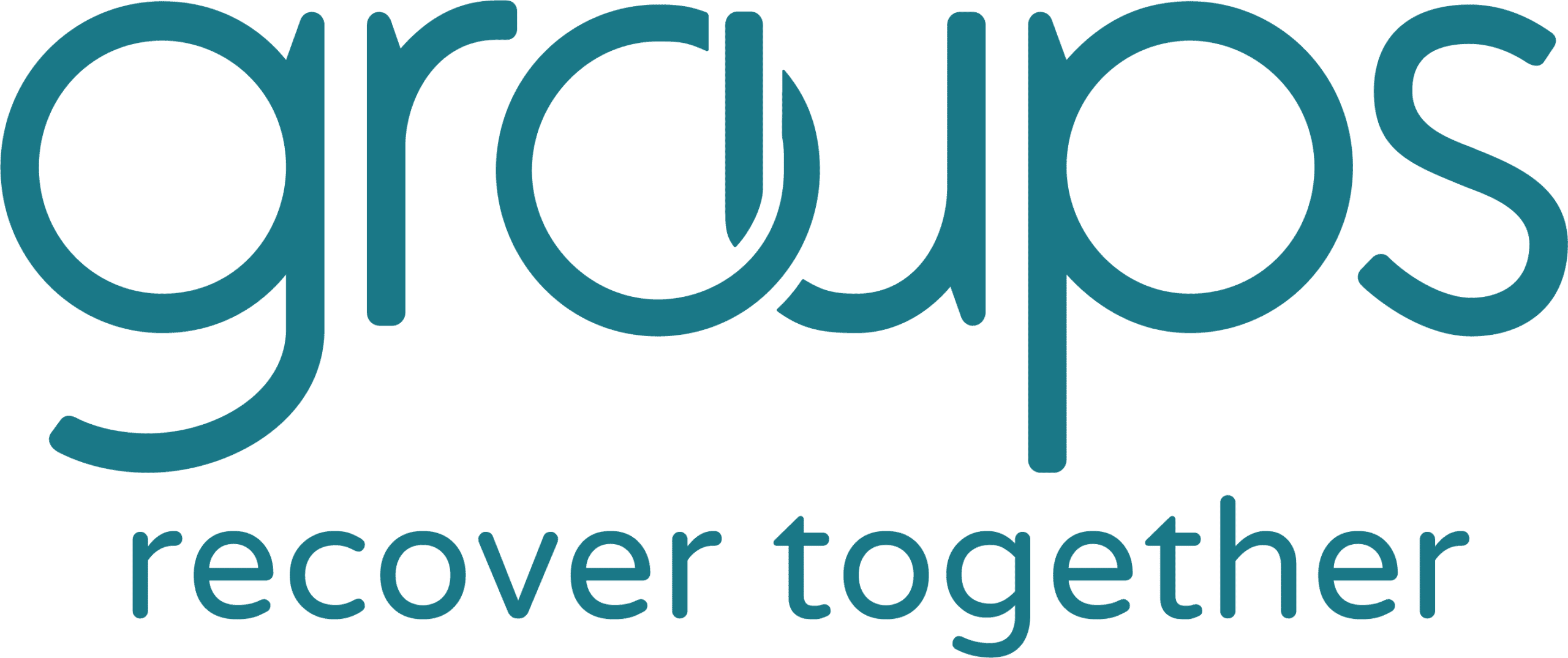Recovering from opioid addiction takes time, effort, and persistence. You’ll need emotional support and professional help along the way. As you look for sources of support, it’s important to recognize that everyone has a unique journey. In addition to professional support, you may benefit from other resources and tools. Many people find that wellness and spirituality (a personal practice that involves people searching for meaning and purpose) can help.
Focusing on wellness and spirituality may not directly address symptoms like cravings. However, wellness and spirituality can improve your ability to cope. These approaches can also improve your physical and mental health.
Research shows that 64% of people with opioid use disorder have a mental health condition. These conditions include anxiety and depression. Improving your physical wellness or engaging in spiritual practices may reduce your symptoms. Spirituality and wellness practices can be excellent forms of self-care. When combined with professional help, these practices can play a major positive role in your recovery.
The role of wellness in addiction recovery
Wellness is a broad term. Generally, it refers to health-oriented practices and activities. Wellness includes your physical, mental, and emotional well-being. Many wellness-related practices focus on physical health. They can also benefit you in other ways: Wellness practices may reduce your stress, improve your clarity, and put you in a better mood. Some common wellness practices include:
- Exercise — Exercise doesn’t just benefit your body. It can also come with major mental health benefits. Exercising releases endorphins, which are the body’s natural feel-good chemicals. Activities like jogging and cycling can help you feel energized. Other forms of exercise, such as yoga, can have a calming effect. This can help you manage anxiety, intrusive thoughts, and other mental health challenges. You may want to make social connections while you exercise. If so, you can look for team sports or group classes. These activities can provide an important sense of support and belonging.
- Healthy eating — What you eat can have a big impact on your mental and physical health. When you fuel your body with nutritious foods, you may notice a clear difference. Eating well can improve your mental clarity, physical energy, and mood. When planning your meals, try to select balanced options. Eat meals that include important nutrients and foods like whole grains, fruits, and vegetables. Staying hydrated can have a major impact as well. Evidence suggests that how hydrated you are can affect your ability to think, ability to process information, and mood.
- Relaxation — Relaxing practices can be important for maintaining your wellness. You can try yoga or other exercise routines that incorporate light stretching. Creative outlets can also be a good way to relax. When you’re in recovery, you may experience cravings. A creative outlet can be a great distraction and source of motivation. You can try picking up a craft like crocheting or woodworking. Other common creative outlets include visual art and poetry.
The role of spirituality in addiction recovery
While it’s not for everyone, making a search for meaning and purpose a personal practice (aka spirituality) can play an important role in the recovery journey for some people. You don’t have to be religious to engage in spiritual practices. Many people who are atheist or agnostic still find benefits in spirituality. Here are some of the ways spirituality might help you, regardless of your religious affiliation or beliefs:
- Finding purpose — Spirituality can provide a strong sense of meaning and direction. When you’re recovering from opioid addiction, this can be a powerful motivator. This spiritual sense of purpose may be connected to your religious beliefs. You may also find spiritual fulfillment outside of religion. People often feel a renewed sense of purpose through activities like volunteering. If you’re having a hard time staying motivated on your recovery journey, finding purpose can help. Look for something that excites you and makes you feel fulfilled. This might be religion. It might also be a hobby, creative passion, or humanitarian effort. Whatever the source, a sense of purpose can help you stay on track and in recovery.
- Feeling connected — Spirituality can make you feel like you’re part of something bigger. For many, this feeling of connectedness can improve mental health and overall well-being. Some feel connected to a greater purpose beyond their personal goals. Others feel connected with nature. Feeling connected can bring a sense of peace and calm. This can make it easier to manage stress and anxiety while you’re in recovery.
- Exploring mindfulness — Mindfulness practices are often associated with spiritual well-being. Common mindfulness practices include meditating and reflective journaling. Spiritual mindfulness practices such as prayer may not be for everyone; however, many people find them to be helpful. In general, mindfulness practices can be a good way to process your feelings. They can also help you maintain a healthy, positive outlook.
Continue your addiction recovery journey with Groups’ comprehensive care
At Groups, we’re committed to helping each member achieve their opioid recovery goals. Our approach to treatment is comprehensive and tailored to the needs of each member. Key aspects of treatment include evidence-based medication, online or in-person group support meetings, and personalized life-goal assistance.
Whether you’re an existing member or someone looking to get recovery support, you can always give us a call.




